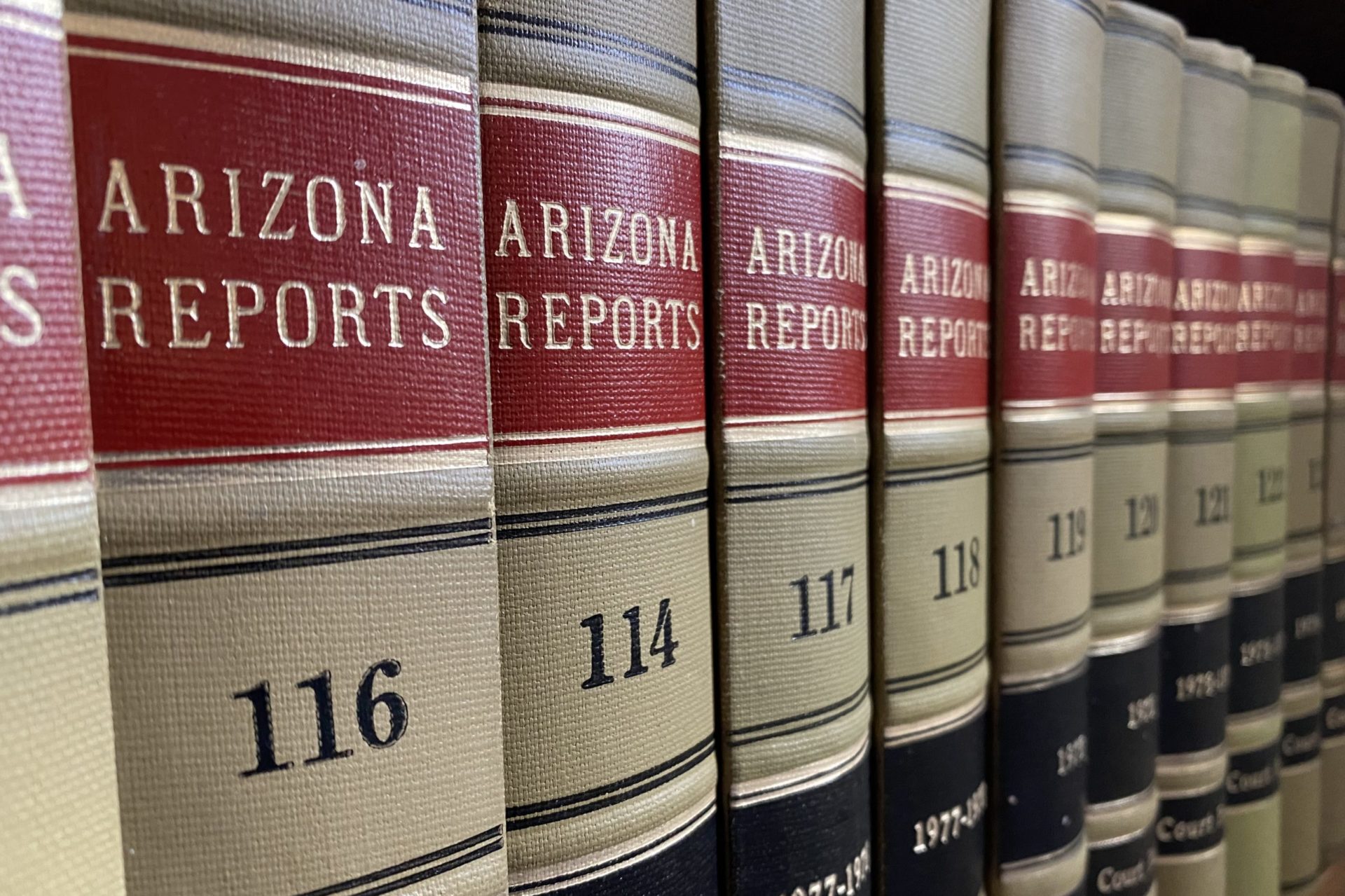The Rise of CIPA “Trap and Trace” Litigation: How Companies Can Protect Themselves
In recent months, a surge in class action lawsuits under the California Invasion of Privacy Act (CIPA) has targeted businesses for allegedly using session replay, chatbots, and other online tracking technologies without proper consumer consent. Plaintiffs claim these tools violate CIPA’s strict prohibitions against “trap and trace” technologies and unauthorized eavesdropping.
The consequences for businesses can be severe. With statutory damages of $5,000 per violation, class claims quickly balloon into seven- and eight-figure risks—particularly for companies with high website traffic or embedded customer interaction tools.
As courts begin to interpret these claims more aggressively, it is critical for companies—especially those doing business in California—to act now. Below, we unpack this evolving litigation trend and offer practical steps to reduce exposure.
What’s Driving the Litigation?
Recent CIPA lawsuits focus primarily on websites that use session replay, chat monitoring, or other technologies that collect real-time interactions with visitors. Plaintiffs allege that:
-
These tools constitute unlawful wiretaps or surveillance,
-
Website operators “intercept” user communications without proper consent, and
-
Third-party vendors (e.g., analytics providers) act as unlicensed eavesdroppers.
While some courts have dismissed claims where users were deemed to have given implied or actual consent, others have allowed them to proceed—especially where companies lacked a robust, affirmative consent mechanism.
Key Risks for Businesses
-
Use of Third-Party Trackers Without Explicit Consent
Tools like session replay or behavior analytics software can trigger liability under CIPA if users are not clearly informed and do not affirmatively agree to their use. -
Failure to Disclose Real-Time Monitoring
Pop-up chat services or embedded customer support bots often collect communications in real-time. Without upfront disclosure, companies may unknowingly violate CIPA. -
No Procedural Shield from Class Action Exposure
Even companies with defensible consent practices may face multimillion-dollar lawsuits if they lack contractual defenses like class action waivers or mandatory arbitration clauses in their Terms of Use.
How to Protect Your Business
A combination of technical tools, legal controls, and procedural safeguards can significantly reduce the risk of CIPA claims:
Implement a Modern Cookie & Consent Management Platform
Deploy a consent management tool that:
-
Clearly discloses all data collection practices, including session replay and chat monitoring;
-
Offers granular, opt-in controls (not just passive notices);
-
Syncs with location detection to adjust for California users;
-
Keeps detailed records of user consent logs.
The bar for “clear and conspicuous” consent is rising. Relying on generic privacy policies or banner notices is no longer sufficient.
Review and Update Your Terms of Use
A well-drafted Terms of Use agreement should include:
-
A class action waiver to prevent aggregation of individual claims;
-
A binding arbitration clause to move disputes out of the courtroom;
-
Express acknowledgment that continued site use constitutes agreement.
These provisions are enforceable when presented properly and can deter opportunistic plaintiffs.
Audit and Document Your Tracking Technologies
Conduct a tracking technology audit to identify:
-
Session replay tools
-
Heatmaps, keystroke loggers, or biometric analytics
-
Chatbots or customer engagement tools
-
Third-party plug-ins that may independently collect user data
Ensure all technologies are disclosed in your privacy policy and consent banners, and consider limiting high-risk tools unless clearly necessary.
Conclusion
CIPA litigation is the latest wave in an increasingly aggressive privacy enforcement landscape—and it’s not going away anytime soon. Companies can no longer afford to treat cookie banners and privacy policies as boilerplate afterthoughts.
At The Technology Law Group, we help clients stay ahead of these trends by building proactive, litigation-ready privacy programs. From implementing legally compliant consent platforms to hardening your website terms with enforceable arbitration provisions, we can help you reduce exposure and strengthen trust.
Need help with a CIPA risk assessment or cookie consent compliance audit?
Contact us at @thetechnologylawyer.net for a consultation.

